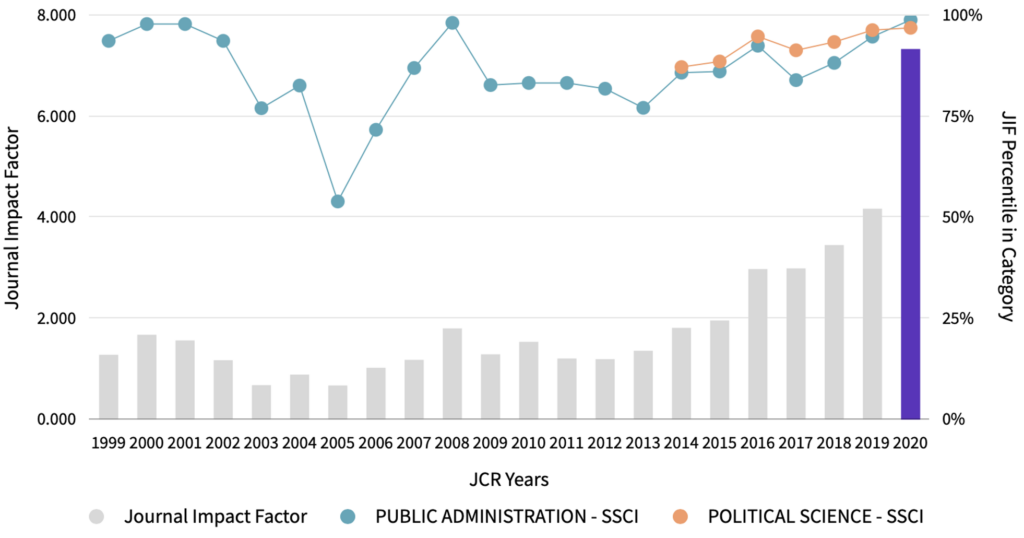

Postfunctionalist scholarship has long argued that EU integration leads to the politicization of European policymaking accompanied by growing public objection to additional transfers of authority to the EU-level. Yoav Raskin and Tal Sadeh explore the mechanism through which European integration increases voters’ support for political parties that oppose the transfer of authority in their article “Responsive voters – how European integration empowers Eurosceptic parties”. As a result of a mixed-method design, they find that the timing and type of EU events matter. Eurosceptic parties particularly benefit from integration events that have a potential for high media profile, signal reduced state autonomy, and occur in proximity to national elections. Even if mainstream parties counter the claims of Eurosceptic parties, the net effect is a ratcheting up of electoral support for the latter. By creating a salient political issue that crosscuts mainstream cleavages and empowers Eurosceptic parties, the authors project that European integration may become increasingly self-undermining through empowering its own opposition.




